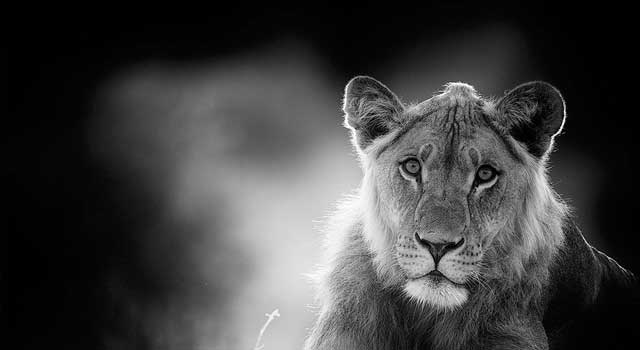In a quest to promote wildlife photography in Botswana, Cameras for Conservation created a national photography, art and short documentary competition dubbed Botswana’s Wildlife Photographer of the Year which uses imagery from the competition to promote conservation. Their aim is to put a camera in each child’s hands which they can use to record their journey. This is achieved through donations of cameras and funds from local businesses and individuals. The contest is currently open for entrants who have taken outstanding photographs of Botswana wildlife and is open to both citizens and residents and will close on the 30th of November 2015.
“We want to showcase the beauty, value and achievements of Botswana’s wildlife policies, so we started the annual competition. The idea was to create a platform for citizen and residents of the country to showcase the country’s natural beauty through art and imagery. The published results have been showcased in exhibitions in Maun and Gaborone and hundreds of youth were inspired by the message. Here in Maun, our ambassadors receive school children at Nhabe Museum for motivational talks using the imagery,” explained Steven Stockhall, co-founder of Cameras for Conservation.
Further, Stockhall explained that since sports hunting is currently banned in Botswana, they wanted to help define photographic safaris and motivate guides across the country to take up photography as a value adding vacation when guiding international travelers as well as record unique and interesting wildlife behavior. “We also wanted to give individual photographers exposure and to help develop side careers in photography. The results of the past three years can be viewed on the Cameras for Conservation website,” he said.
“Although we are proud of our achievements thus far, we still feel that the principles of Cameras for Conservation can be spread across Africa and indeed the world. Last year we had interest from people in Bolivia and Indonesia with similar ideas approaching us. Dean Fitzpatrick of Wild Light Safaris in New Zealand has opened the New Zealand Chapter and does talks in schools there as well as collects old camera equipment. We welcome initiatives from individuals and corporations to get involved under the banner to continually strive in a most positive manner to improve livelihoods and well-being of both the people and wildlife in Africa, especially those living on the edges of protected areas,” said Stockhall.

